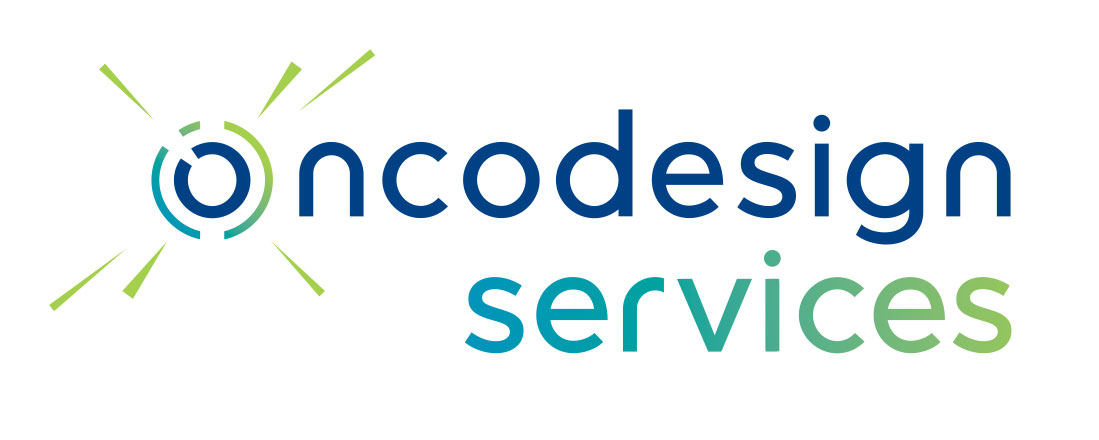Protein kinases act as master regulators of multiple key processes within the cell cycle, such as transcription factors, receptor regulators or enzymatic modulators. Aberrant regulation of their activity has been associated with a large number of pathological conditions, including (but not restricted to) inflammatory diseases. Therefore, protein kinases constitute promising targets for drug development, and numerous preclinical and clinical programs for kinase inhibitors are ongoing.
In this webinar, the featured speaker will examine the challenges associated with the preclinical development of kinase inhibitors. They will provide insights into the strategies used to screen new chemical entities, as well as the key steps, checkpoints and custom tools used throughout the hit-to-lead and lead optimization phases. Three kinases will be used as examples: RIPK1, RIPK2 and TYK2.
In the preclinical development of kinase inhibitors, it is important to employ a sequential process — selecting only the best compounds at each stage, with the goal of retaining only one or two optimized leads by the end of the process.
Read more...
Once active and selective inhibitors have been selected, drug metabolism and pharmacokinetics (DMPK) steps enable a rigorous selection of compounds with suitable absorption, distribution, metabolism and excretion profiles. Mathematical models, when provided with the in vivo and in vitro DMPK data from rodent systems, can extrapolate probable in vivo parameters in humans from in vitro assays performed on human samples, helping with future dose calculations.
Read Less...
Although in vivo activity should be relatively predictable using the combination of in vitro activity and PK parameters, it is still necessary to test compound activity in vivo to validate the PK/PD model. In parallel, target validation may be documented using clinically relevant disease models. For instance, TYK2 inhibitors were demonstrated to be effective in a psoriasis model, and RIPK2 inhibitors were evaluated in a colitis model. These studies resulted in the selection of a promising RIPK2 inhibitor, which has now progressed to Phase I clinical trials in early 2023.
Join this webinar to learn about the preclinical development of kinase inhibitors for the treatment of inflammatory diseases.
Speaker

Dr. Pauline Bornert, Study & Research Director, Oncodesign Services
Dr. Pauline Bornert is a Study Director and a Scientific Referent for inflammatory, autoimmune and infectious diseases projects at Oncodesign Services. After obtaining her doctorate in veterinary medicine at the National Veterinary school of Maisons-Alfort in 2018, she completed a PhD in neuroscience at the Paris Brain institute and joined Oncodesign in 2021. In her current role, Pauline handles R&D programs for customers. She specializes in in vivo rodent and primate models of inflammatory and infectious diseases and is responsible for the PK/PD and PoC steps of preclinical projects, both in the context of integrated offers (INPACT) or isolated projects (SOLO).
Who Should Attend?
- Project Managers
- Study Directors
- Chief Scientific Officers
- Scientists interested in kinases, small molecule preclinical development, inflammatory diseases
What You Will Learn
Attendees will discover:
- The significance of global preclinical development strategies in the race to launch new kinase inhibitors
- How to optimize the in vitro, DMPK, and proof-of-concept steps of a protein kinase inhibitor preclinical development program
- How to effectively test activity, specificity, assess suitable ADME properties and validate target and compounds in relevant disease models
Xtalks Partner
Oncodesign Services
Oncodesign Services is a Contract research organization (CRO) specializing in drug discovery and preclinical services. From target identification to IND filing, the company contributes to the development of innovative therapies in oncology, inflammation and infectious diseases, with high medical needs.
Through integrated capabilities in medicinal chemistry, DMPK, pharmaco-imaging, bioanalysis, in vivo/in vitro pharmacology, Oncodesign Services support the R&D programs of customers with a global footprint.
Based in Dijon, France, in the heart of the university and hospital cluster and within the Paris-Saclay cluster, Oncodesign Services has 230 employees in France, Canada and the United States.
You Must Login To Register for this Free Webinar
Already have an account? LOGIN HERE. If you don’t have an account you need to create a free account.
Create Account





